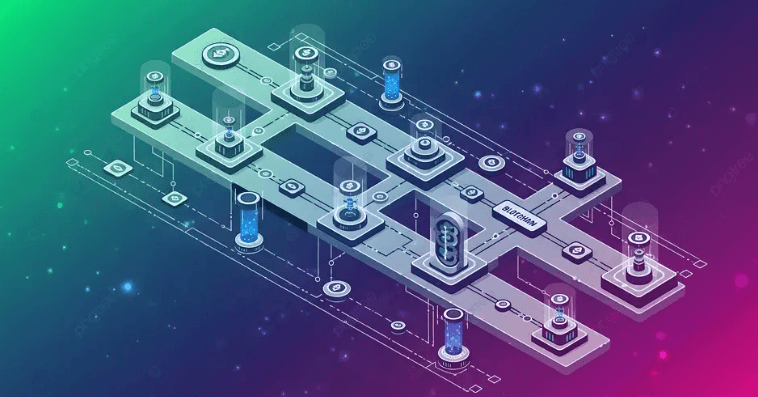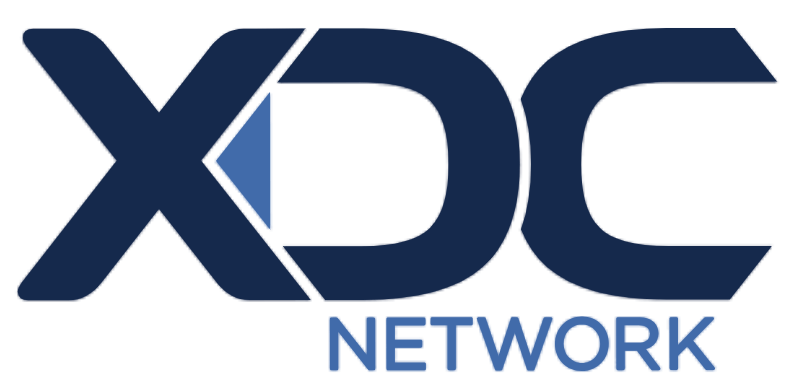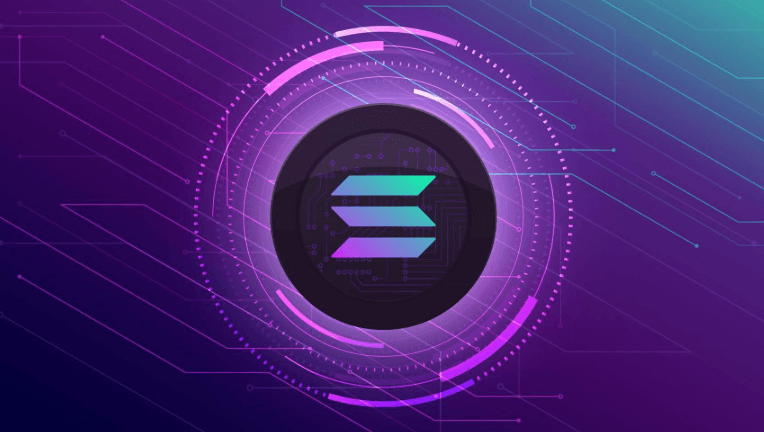Cardano (ADA) has been making significant strides in the blockchain industry, particularly in the field of smart contracts. With the Alonzo upgrade, Cardano officially introduced smart contract functionality, positioning itself as a formidable competitor to Ethereum. But how does Cardano’s approach differ, and what does this mean for the future of decentralized applications (dApps)?

Smart Contracts on Cardano: A Game Changer
Cardano’s smart contract functionality is built on the Plutus programming language, which is designed to provide enhanced security, scalability, and efficiency compared to Ethereum’s Solidity-based contracts. Key advantages include:
- Lower transaction fees: Cardano’s proof-of-stake (PoS) consensus mechanism significantly reduces gas fees compared to Ethereum’s network.
- Improved security: The Plutus framework emphasizes formal verification, reducing the risk of vulnerabilities and exploits.
- Scalability: Cardano’s extended UTXO (eUTXO) model enables more predictable and efficient transaction execution, avoiding network congestion.
How Cardano Competes with Ethereum
Ethereum has long been the leader in smart contracts, but Cardano’s recent developments offer a compelling alternative:
| Feature | Cardano (ADA) | Ethereum (ETH) |
| Consensus Mechanism | Proof-of-Stake (PoS) | Proof-of-Stake (PoS) |
| Transaction Speed | Faster due to eUTXO model | Slower, depends on network congestion |
| Gas Fees | Lower and more predictable | Higher and volatile |
| Security | Stronger due to formal verification | Prone to smart contract vulnerabilities |
| Scalability | Designed for high scalability | Still facing scalability challenges |
While Ethereum still dominates in terms of adoption and ecosystem maturity, Cardano’s methodical approach to development and its focus on security and efficiency could make it the preferred choice for developers seeking a more reliable smart contract platform.
The Future of Smart Contracts on Cardano
The growth of smart contracts on Cardano has been accelerating, with several key developments:
- Growing DeFi ecosystem: New decentralized finance (DeFi) projects are launching on Cardano, offering lending, staking, and decentralized exchange services.
- NFT Expansion: Cardano’s lower fees have attracted NFT developers looking for a more cost-effective alternative to Ethereum.
- Interoperability Solutions: Cardano is working on cross-chain compatibility, allowing assets and applications to interact with other blockchains.
With continuous improvements and upcoming upgrades, Cardano’s smart contract capabilities are expected to expand further, challenging Ethereum’s dominance in the space.
Conclusion
Cardano’s entry into the smart contract space marks a significant step forward in blockchain technology. With its focus on scalability, security, and low costs, Cardano presents a strong alternative to Ethereum. As more developers and projects migrate to the network, the competition between these two blockchain giants will only intensify. Will Cardano eventually surpass Ethereum in the smart contract space? Only time will tell.
Disclaimer: This article is for informational purposes only and is not investment advice. Investors should research carefully before making any decisions. We are not responsible for your investment decisions.
















